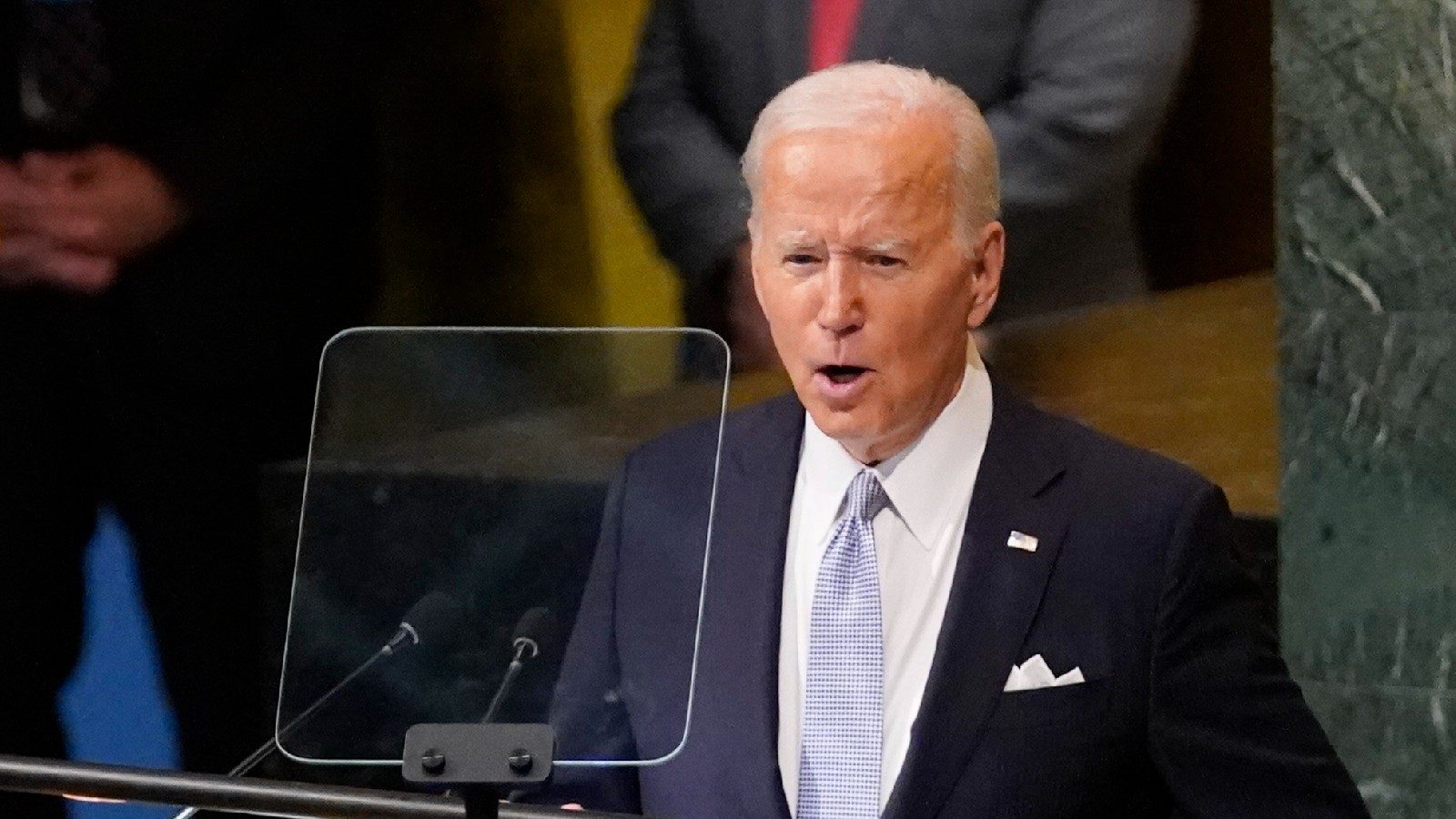US to Prioritize Pacific Islands in Contest with China
The United States released its first strategy for ties with Pacific island nations on Thursday, the second day of a historic summit with leaders from the region, pledging to help them fight climate change and rebuff China’s “economic coercion.”
As President Joe Biden prepared to meet more than a dozen leaders and representatives from Pacific island states in Washington, the strategy paper said his administration was engaging more deeply with their countries a U.S. foreign policy priority.
“U.S. prosperity and security depend on the Pacific region remaining free and open,” it said, noting that Pacific island countries faced urgent challenges, most notably from the climate crisis, but also heightened geopolitical tensions.
“Increasingly, those impacts include pressure and economic coercion by the People’s Republic of China, which risks undermining the peace, prosperity, and security of the region, and by extension, of the United States,” it said.
Leaders and representatives from 14 Pacific island states are taking part in the summit. They are being feted around Washington and on Thursday their itinerary will include lunch at the U.S. Congress, an afternoon meeting with Biden and dinner at the White House.
Biden’s administration has pledged “big-dollar” assistance for the island countries to address climate, health, and maritime security issues – such as illegal fishing – and to boost communications links with U.S. partners like Japan, Australia and India.
A senior administration official said that among key deliverables from the summit, the United States would invest more than $810 million in expanded programs to aid the islands, on top of over $1.5 billion provided in the past decade.
The official also said Biden would designate career diplomat Frankie Reed as the first U.S. envoy to the Pacific Islands Forum.
The Washington Post reported earlier that all the visiting leaders had endorsed an 11-point statement of vision committing to joint endeavors, and a U.S. official told Reuters that was accurate.
An unsigned draft of that declaration seen by Reuters said the leaders resolved to strengthen their partnership and shared a vision for region where “democracy will be able to flourish.”
The summit marks the first time the United States has hosted so many leaders of a region it has considered it maritime backyard since World War Two, but into which China made steady advances.
Some of the nations have complained about being caught in the middle of the superpowers’ battle for influence.
The U.S. strategy document says the United States would partner with Pacific islands to help them adapt to and manage the climate crisis, an “existential threat” to their lives, health, and livelihoods.
It said the region also faced challenges to security and sovereignty, and added: “The Biden-Harris Administration will work in partnership with Pacific governments and people to ensure they have the autonomy and security to advance their own interests.”
As part of the plan, the United States would increase its diplomatic and defense presence in the region, seek to help counter marine pollution, illegal fishing, drug trafficking, and seaport security, collaborate with partners on submarine cable upgrades, and promote “secure and trusted” telecommunications partnerships.
“Doing so requires a substantial increase in the overall U.S. diplomatic presence and engagement in the region through new embassies, additional personnel from across the U.S. government, and enhanced U.S. Coast Guard and defense engagements,” the strategy said.
That would include returning U.S. Peace Corps volunteers to Fiji, Tonga, Samoa, and Vanuatu this year and exploring missions in other countries, it said.
The United States also committed to increasing trade and investment with Pacific islands, and said it would support democracy, human rights, and good governance, including by building capacity within the private sector, media, academia, and civil society.
Washington this year vowed to open three new embassies in the region – in Kiribati, Tonga, and the Solomon Islands.
Strategic competition in the Pacific intensified dramatically this year after China signed a security agreement with the Solomons, prompting warnings of militarization of the region.
Derek Grossman, an Indo-Pacific analyst at the RAND Corporation, said Washington had let ties with the region languish for decades, but that had begun to change in recent years and the summit was a sign of that.
“We are still all working from, generally speaking, the same sheet of music, which is we don’t want the Chinese establishing a military foothold in the region, and we don’t want them, corrupting the institutions of the region,” he said.
Read the Latest News and Breaking News here
For all the latest world News Click Here

